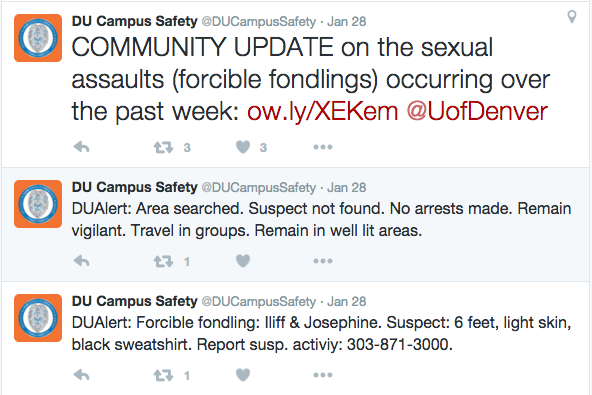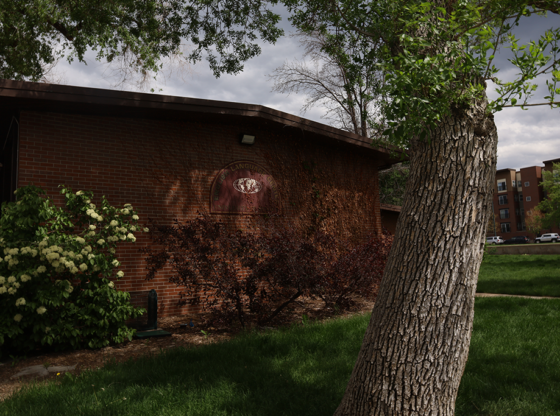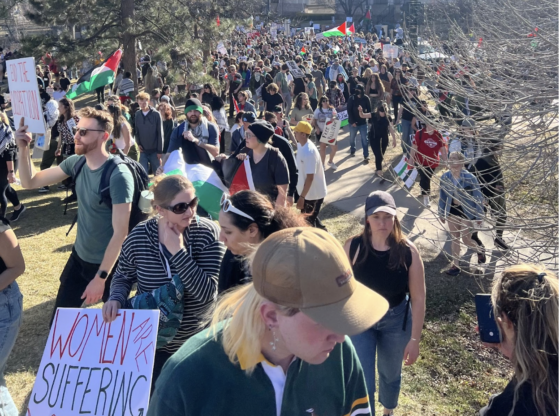Dear University of Denver community,
Over the course of a single week, DU students have received Campus Safety notifications regarding a total of three different “forcible fondling” incidents that took place near campus. As a student who has attended three universities in the past four years, I have never once been exposed to such a peculiar term in the context of an unwanted sexual experience. I have seen people laugh behind their phones upon receipt of Campus Safety email, text and call alerts, not to mention the comical use of the term in community posts on various social media platforms, including Yik Yak, Twitter and Facebook.
The inappropriate touching of a woman or man by another individual should be called by what it is: sexual harassment. As a survivor myself, I feel that forcible fondling is a term that takes away from the real experiences of all victims of sex crimes. Sexual harassment is the fitting description for this type of experience and offense, as it encompasses unwelcome sexual advances, requests of sexual favors, as well as verbal and physical harassment that appears sexual in nature.
By changing the phrase “forcible fondling” to a current and appropriate term, we would be validating the experiences of sexual assault and harassment survivors and encouraging a healthy, national conversation about sexual assaults on college campuses. By keeping it, we are perpetuating a sense of hilarity and ignorance around a very dismal, not to mention potentially traumatizing, event.
It should be further noted that Campus Safety has a tendency to inform the community in reaction to these harassments, but rarely discusses the nature of police and security measures that are underway to resolve such issues. I encourage our security staff to devise strategies in how to correctly relay information in a manner that is helpful and reassuring for the community members they aim to protect. While it is important to describe what happened, it is just as important to designate and define future protocol to impress a sense of safety within the university and its surrounding areas.
This brings me to my next point: How do we move forward to empower DU students, particularly women who have been the targets of recent harassments, and prepare them as a safety precaution? Pepper spray is banned. The university and its neighboring police do not offer convenient and affordable self-defense training. I have not been asked to attend one safety course in a classroom, which was a requirement for off-campus students at the last institution I attended. Sidewalks off-campus, particularly on Josephine Street where two of the incidents have taken place, are not well lit for pedestrian visibility. Campus Safety does not have a program that explicitly offers free rides to university students, irrespective of intoxication level, who live on and off campus. I do not know the answer, but I do know that something needs to change.
Let’s stop laughing. Let’s pause and think about about how we, as community members at DU, are obligated to make the university a safer and more secure community. Let’s validate survivor experiences and set a precedent. Let’s be a school that is known as a leader against criminal behavior, not a bystander to it.
Sincerely,
Gemma Wilson
Undergraduate, Class of 2016











